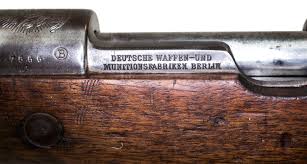Eighty years ago: Berlin shares plummet and the value of German forces are talked up to a willing (insider) bear of French air power
There was another day of sharp
falls in share prices on the Berlin stock exchange. Perhaps curiously the
prospect of imminent war over the Sudetenland was not a major factor; the
hardest hit major share was a major weapons maker, Deutsche Waffen-
und-Munitionsfabriken. The falls were ascribed to Jewish investors liquidating holdings
and growing concern at the Nazis’ autarkic economic policies.
The summer manoeuvres of the
German army were widely publicized to emphasise to France and Britain that the Wehrmacht was well-prepared to invade
Czechoslovakia if the Fuehrer decided to. The presence of army reservists was
well-flagged as a way of advertising German reserves of manpower. The taunting
local press coverage of the manoeuvres claimed that they were inspiring
nervousness in Prague, which was described as an ally of the Soviet Union.
One of the most important foreign
visitors to the manoeuvres was General Vuillemin, the chief of staff of the
French air force, was there by long-standing invitation. He was, of course,
treated to a full display of the Luftwaffe’s
strength and he was correspondingly impressed. Indeed he reported to Paris that
his own force would barely survive a week of combat with Germany. It was yet
another contribution to the conviction in London and Paris that the democracies
were incapable of military resistance.
Franco switched forces away from
his offensive in Valencia to meet the stalled Republican attack on the Ebro in
line with his strategy of annihilating his opponents on the battlefield. There
was no other strategic rationale. After its initial success due to surprise the
Ebro attack had ground to a halt a presented no threat of any kind. It had left
the Republican forces trapped in a tactically unfavourable killing ground, ideally
suited to the kind of battle Franco wanted to fight.



Comments
Post a Comment